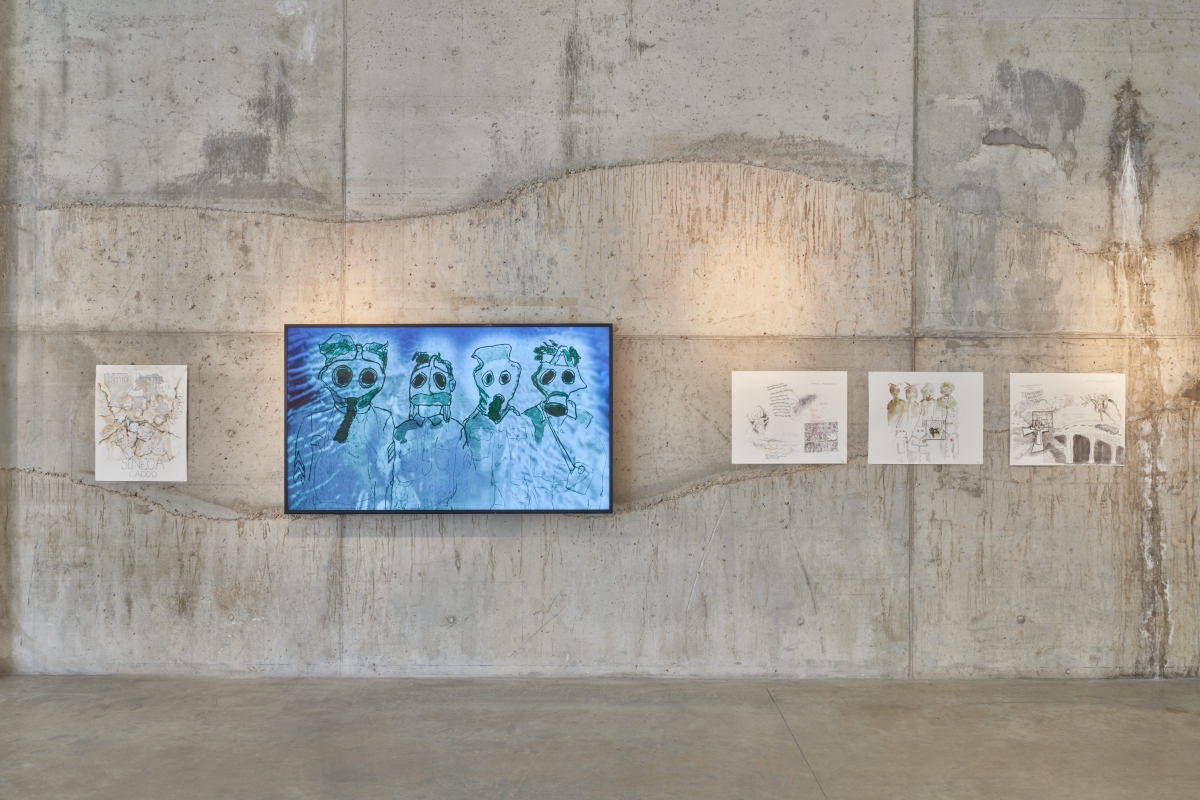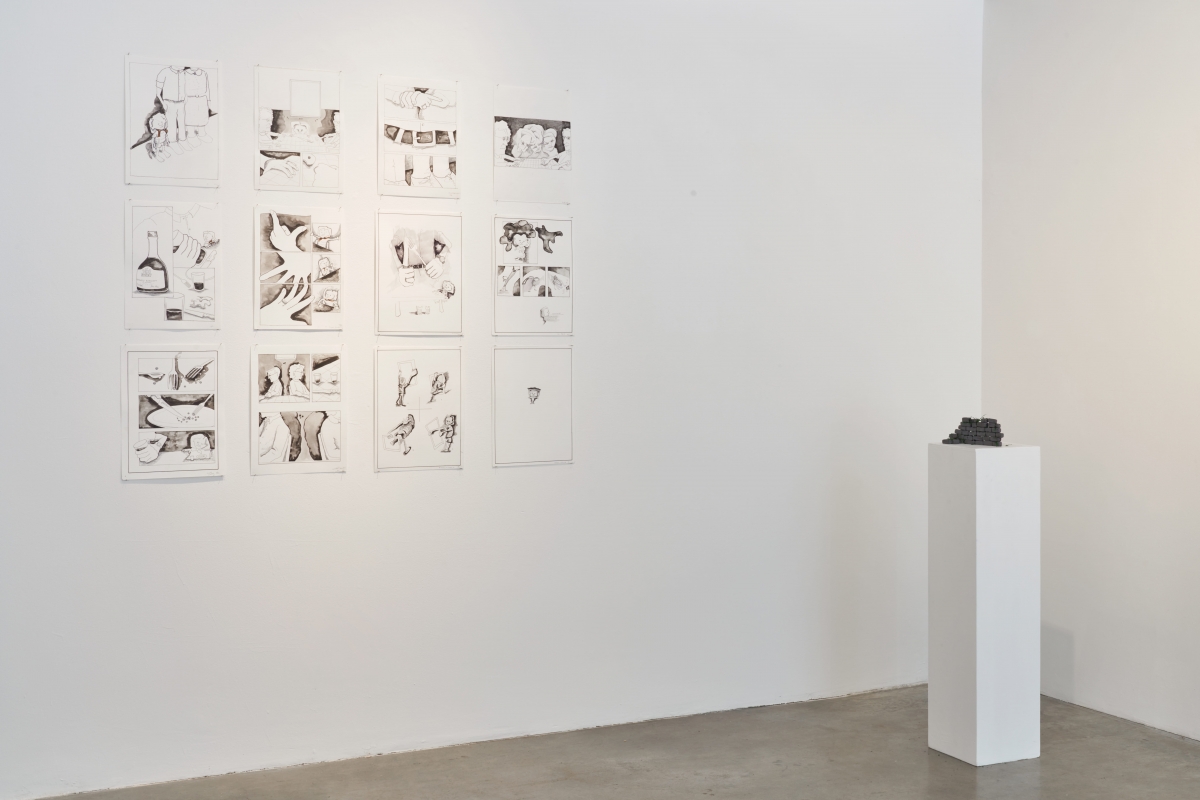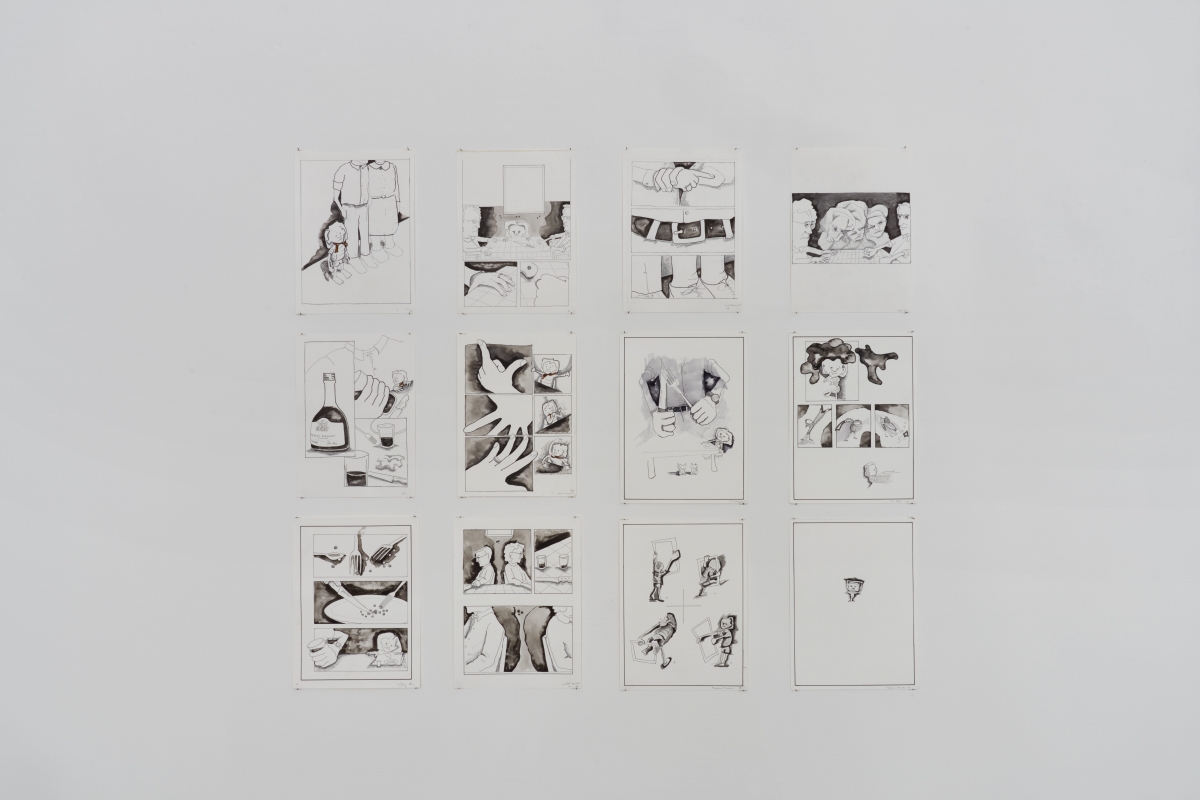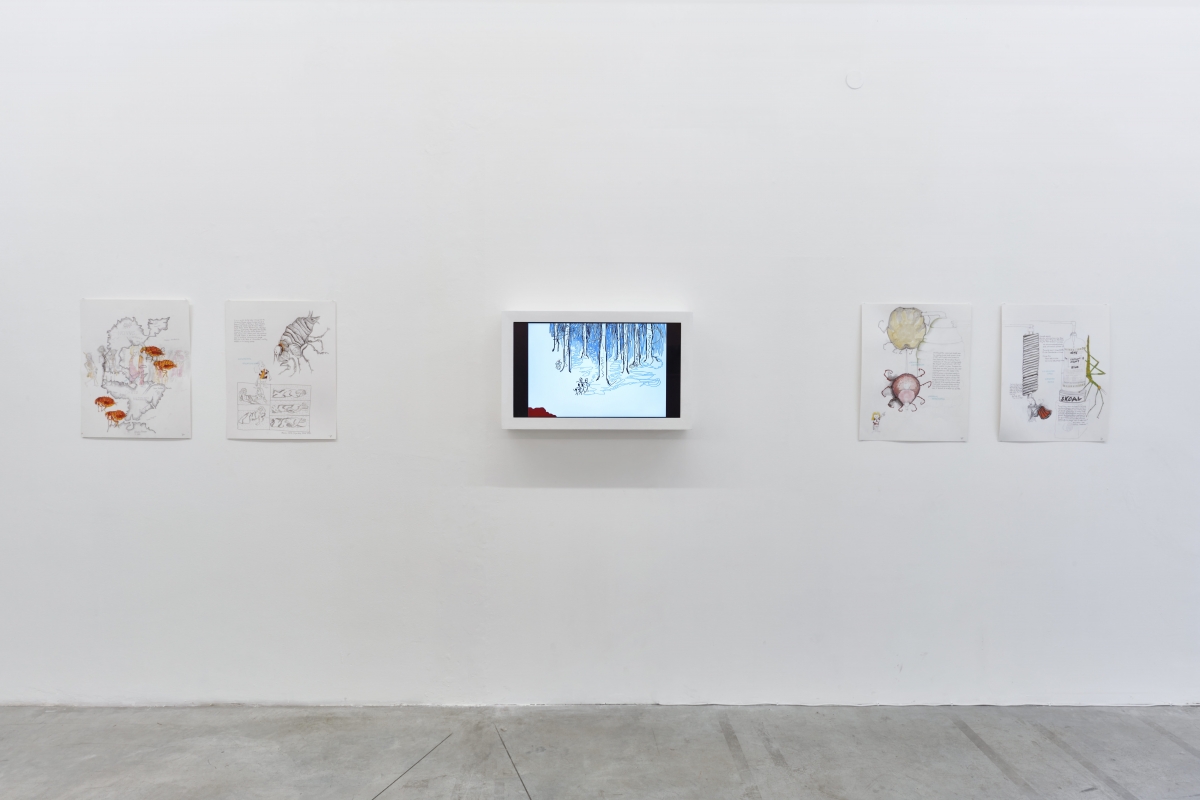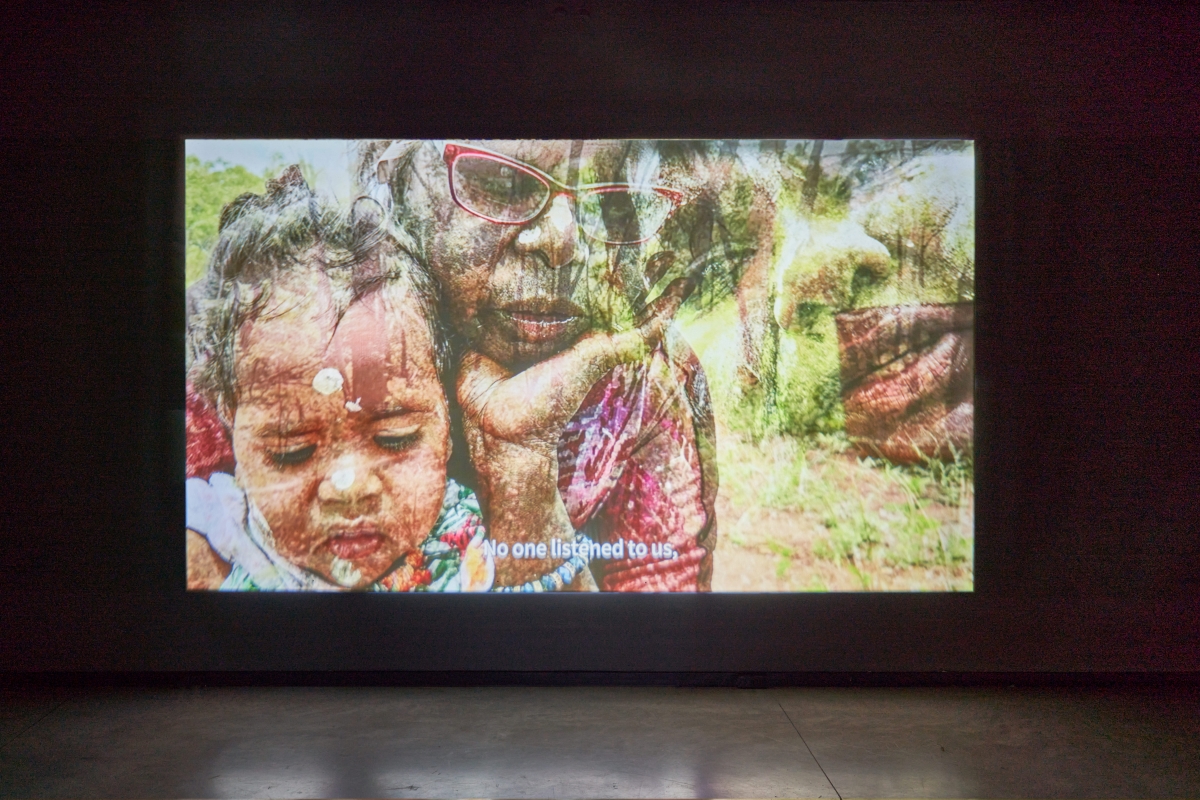Elizabeth Povinelli / Karrabing Film Collective
Elizabeth Povinelli (Buffalo, 1962) is a critical theorist and filmmaker. Her critical writing has focused on developing a critical theory of late settler liberalism that would support an anthropology of the otherwise. This potential theory has unfolded across five books, numerous essays, and a thirty-five years of collaboration with her Indigenous colleagues in north Australia including, most recently, six films they have created as members of the Karrabing Film Collective.
Geontologies: A Requiem to Late Liberalism was the 2017 recipient of the Lionel Trilling Book Award and The Cunning of Recognition was a Art Forum Best Book of the Year.
Karrabing films were awarded the 2015 Visible Award and the 2015 Cinema Nova Award Best Short Fiction Film, Melbourne International Film Festival and have shown internationally including in the Berlinale Forum Expanded, Sydney Biennale; MIFF, the Tate Modern, documenta-14, the Contour Biennale, and MoMA PS1.
The Karrabing Film Collective is an indigenous group that uses film and other media to interrogate the unequal conditions of Aboriginal people in the Northern Territory in Australia. The term karrabing, which means "low tide" in the Emmiyengal language, refers to a form of collectivity outside the constraints of government-imposed land ownership. The group consists of an intergenerational mix of more than fifty members of the Belyuen community, as well as the theorist Elizabeth Povinelli, who has worked with the community since 1984. The Karrabing Film Collective invites viewers to observe the colliding worlds of humans and their more-than-human ancestors in order to propose a reflection on the colonization processes still underway. The project presents a panorama stretching from today's Italian Alps to the salt marsh of today's Australian Top End region of the Northern Territory, the ancestral territory of Karrabing members. Weather Reports synthesizes five centuries of history to evoke the dramatic ecological and cartographic upheavals by which Europe asserted its control over the fate of territories, lands and peoples. Beginning with a series of overlapping maps by Sebastian Münster (1488-1552), Dirk Hartog (1580-1621), John Stockdale (1749-1814), and Huang Yu Quan Tu (c. 1708-1718) and concluding with the material, ecological, and social flows produced by predictive big data technology, Weather Reports reveals how colonial vision simultaneously succeeded in perfecting its cartography and destroying worlds. Mermaids, Mirror Worlds presents a picture of the possible futures that will result from industrial toxicity. On the left screen scrolls the claims of techno-ecological capital corporations extracting resources from the earth ever more aggressively, while the right screen presents the story of a young indigenous man, kidnapped as a child to be part of a medical experiment to save the white race, who is released and becomes part of his family's ancestral world. The Inheritance and Same Same, separate separate deal with stories of dispossession from the perspective of Europe and indigenous Australia. Petroleum Dreaming, A Montage and Beds are Burning look at the effects of indifference to indigenous knowledge. Through these multiple and colliding realities, Karrabing asks us to consider each other's relationship to these histories of the present.
In Same Same, separate separate, members of the Karrabing Film Collective explain how the Australian state's "recognition" of indigenous rights to their lands since the Land Rights Act of 1976 has been grounded in reductive anthropological theories and a system of recognition that has divided indigenous groups by imposing land claims based on private property. Karrabing members recognize themselves as one mob (community) while maintaining their clan identities with their respective histories and ancestors. Petroleum Dreaming, A Montage by Elizabeth Povinelli overlays found footage documenting the South Coast Line in Australia, oil spills in Nigeria, and promotional materials of the multinational Eramet and Shell Corporation. The title of the video simultaneously refers to the fantasies of multinational corporations and the concept of Dreaming or Dreamtime, which indicates the ever-progressing time of indigenous creation. Beds Are Burning is a video accompanying a cover song by Julia Stone, a singer-songwriter who released an album titled Songs for Australia in 2020 to aid relief efforts following the intense wildfires in the country that year. The lyrics to Beds are burning, a song originally released by the rock band Midnight Oil in 1987, were written by members of Karrabing.


